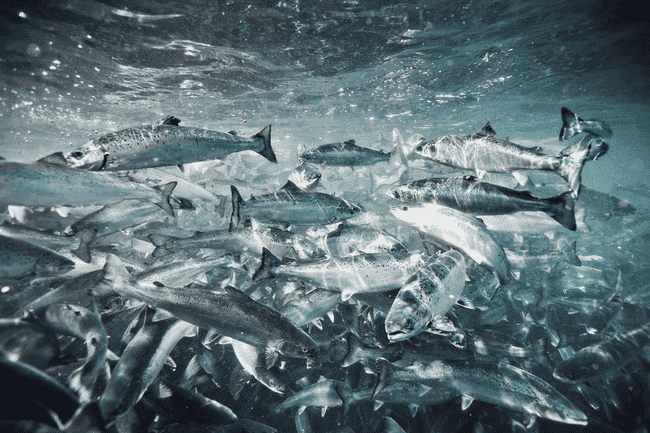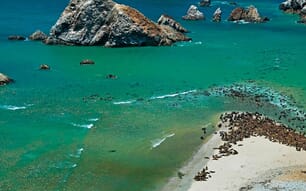
The study, which examined the regulatory management of Norway's salmon farming sector, found no measurable impact of sea lice infections on wild salmon attributable to farmed salmon. The findings were published in the peer-reviewed journal, Reviews in Aquaculture.
Simon Jones, former scientist at Fisheries and Oceans Canada (DFO) and co-author of the review, commented on the findings: "The highly variable relationship between lice levels on wild salmon and salmon aquaculture in BC indicates the need for a greater understanding of all factors affecting the survival of wild salmon."
Further evidence supporting these findings comes from the 2024 data released by the Broughton Archipelago wild juvenile salmon monitoring programme. The data indicates that despite the removal of salmon farms in the area, the variability in the percentage of sea lice on wild Pacific salmon has remained constant, with the average intensity of sea lice on wild salmon showing little change over the past 20 years.
Sea lice are naturally occurring marine parasites that have coexisted with wild salmon for millions of years. Farm-raised salmon, which are introduced into the ocean free of sea lice, are managed under stringent regulations by the DFO and First Nations to minimise the transmission of sea lice from farmed to wild salmon.
A 2023 science response from the Canadian Science Advisory Secretariat (CSAS), along with long-term data collected in the Discovery Islands, has also concluded that sea lice on farmed salmon do not impact sea lice levels on wild juvenile salmon in British Columbia.
Brian Kingzett, executive director of the BC Salmon Farmers Association, expressed concerns about the ongoing narrative linking declining wild salmon populations to sea lice from salmon farms: "The continued exaggeration of wild salmon populations declining due to sea lice from salmon farms does not help conservation efforts of wild salmon. Ongoing research and data support that the salmon farming sector poses minimal risk to wild Pacific salmon, yet government decisions continue to ignore the science and threaten our sector’s future."
Kingzett also highlighted the industry's commitment to sustainable practices and the importance of focusing on the real issues affecting wild Pacific salmon: "BC Salmon Farmers support wild salmon restoration, climate action and food security. It’s time for the federal government to stop using salmon farming as a scapegoat, making unrealistic and unachievable political decisions about our sector, and focus on reliable data and science to address the real issues impacting wild Pacific salmon."




